WHAT IS WRONGFUL TERMINATION
Wrongful termination occurs when an employee is fired or let go from their job for illegal reasons. This can include violations of federal or state anti-discrimination laws, breaches of contract, retaliation for whistleblowing, or firing someone for exercising their legal rights, such as taking family or medical leave. While employers generally have the right to terminate employees, doing so for unlawful reasons is a serious violation of workers' rights.
The effects of wrongful termination can be devastating, both personally and professionally. Losing your job unfairly can lead to immediate financial strain, making it difficult to pay bills, support your family, or meet daily expenses. Beyond financial challenges, wrongful termination often takes a significant emotional toll, leading to stress, anxiety, and even depression.
Professionally, wrongful termination can damage your reputation, disrupt your career trajectory, and make finding new employment more difficult. Many individuals feel powerless in the face of such treatment, unsure of how to fight back against larger employers with significant resources.



